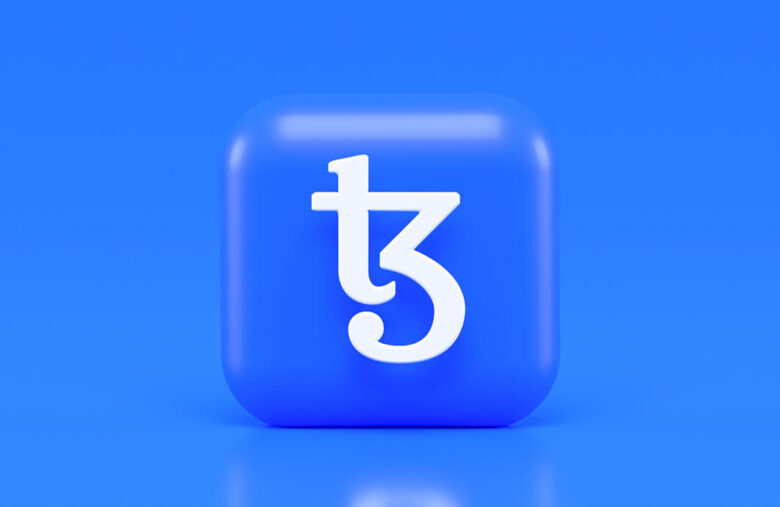All about Michelson programming language you need to know

Michelson is a programming language designed for smart contracts on the Tezos blockchain. It is a stack-based, low-level programming language that is similar to the programming languages used in writing firmware or operating systems. Michelson is unique in that it is domain-specific, meaning it is tailored to the specific needs of smart contract development on the Tezos blockchain.
The Michelson language was created by Nomadic Labs, a French research lab focused on blockchain technology, as a way to provide a more secure and efficient way to write smart contracts on Tezos. Michelson allows for formal verification of smart contracts, which can ensure that the code will behave as intended and can help to prevent common security vulnerabilities.
Michelson is a functional programming language, which allows developers to write code that is easy to reason about and understand, which is important when developing smart contracts. It also allows for more secure, efficient and transparent smart contract development.
Overall, Michelson is a programming language designed specifically for smart contract development on the Tezos blockchain, providing a secure and efficient way to write smart contracts.
Use cases of Michelson
Michelson is a programming language designed specifically for smart contract development on the Tezos blockchain. As such, its main use cases include:
- Decentralized Finance (DeFi) applications: Michelson’s formal verification capabilities make it well-suited for building decentralized finance (DeFi) applications, such as lending and borrowing platforms, stablecoins, and prediction markets.
- Governance: Michelson can be used to create smart contracts that allow for decentralized governance of a blockchain network or a decentralized autonomous organization (DAO). This allows for transparent, secure and efficient decision-making processes.
- Supply Chain Management: Michelson can be used to create smart contracts that track the movement of goods and assets through a supply chain, providing a secure and transparent way to manage supply chain operations.
- Identity Management: Michelson can be used to create smart contracts for identity management, allowing for secure and decentralized management of personal information.
- Gaming: Michelson can be used to create smart contracts for gaming platforms, providing a secure and transparent way to manage in-game assets and player accounts.
- Tokenization: Michelson can be used to create smart contracts for tokenization, allowing for the creation, issuance and management of digital assets.
Overall, Michelson’s formal verification capabilities and its functional programming model make it well-suited for building smart contracts that require a high level of security, transparency and efficiency.
Example of Michelson
storage (pair nat address);
code {
CAR ;
CDR ;
DUP ;
SWAP ;
DIP { CDR } ;
DIP { CDR } ;
DIP { CDR } ;
DIP { CDR } ;
DIP { CAR } ;
TRANSFER_TOKENS ;
NIL operation ;
PAIR
}
This contract takes in a parameter, which is a pair of an address and a nat (natural number) representing the sender and the number of tokens to be transferred, respectively. The storage of the contract is also a pair, where the first element is the number of tokens in the contract and the second element is the address of the token holder.
The code of the contract first extracts the sender and the number of tokens from the parameter using CAR and CDR instructions. It then duplicates the number of tokens and swaps it with the storage address using DUP and SWAP instructions. The DIP instruction is used to temporarily change the context of the stack, allowing the execution of the CDR instruction on the parameter.
Finally, the TRANSFER_TOKENS instruction is used to transfer the specified number of tokens from the sender to the contract’s storage address. The NIL operation instruction is used to indicate that there are no further actions to be taken, and the PAIR instruction is used to return the updated storage as the result of the contract execution.
This is just a simple example of Michelson Contract, depending on the complexity of the use case it can become more complex and longer.
Founder of Michelson
Michelson was created by Nomadic Labs, a French research lab focused on blockchain technology. The language was designed by a team of researchers and developers led by Benjamin Canou, which was the main developer and creator of the Michelson language.
Nomadic Labs is a research and development lab focused on blockchain technology and decentralized systems. The lab was founded in 2016 by a group of researchers and developers with a strong background in formal verification, programming languages, and distributed systems.
Benjamin Canou is a computer scientist, software engineer and researcher. He is a specialist in domain-specific languages, formal verification and programming languages. He is also a contributor to several open-source projects, including the Coq proof assistant, the OCaml programming language, and the Tezos blockchain.
Michelson was developed with the goal of providing a more secure and efficient way to write smart contracts on Tezos. The language’s formal verification capabilities make it well-suited for building decentralized finance (DeFi) applications, governance, supply chain management, identity management, gaming and tokenization.
Future of Michelson
The future of Michelson as a programming language for smart contracts on the Tezos blockchain is closely tied to the future of the Tezos blockchain itself. As Tezos continues to gain popularity and adoption, it is likely that Michelson will also see increased usage and development.
One of the key strengths of Michelson is its formal verification capabilities, which allow for more secure and efficient smart contract development. As the importance of security and transparency in blockchain-based applications continues to grow, the demand for languages like Michelson that support formal verification is likely to increase.
Additionally, Michelson’s functional programming model makes it well-suited for building complex and sophisticated smart contracts, which can support a wide range of use cases and applications.
However, it is important to note that Michelson is a domain-specific language and it is tailored to the specific needs of smart contract development on the Tezos blockchain, which limits its usage to the Tezos blockchain ecosystem.
Overall, the future of Michelson looks promising as it continues to be widely adopted for smart contract development on the Tezos blockchain. As the Tezos ecosystem continues to grow, Michelson will likely become more popular among developers and its adoption will continue to grow.
Also Read : Plutus programming language



